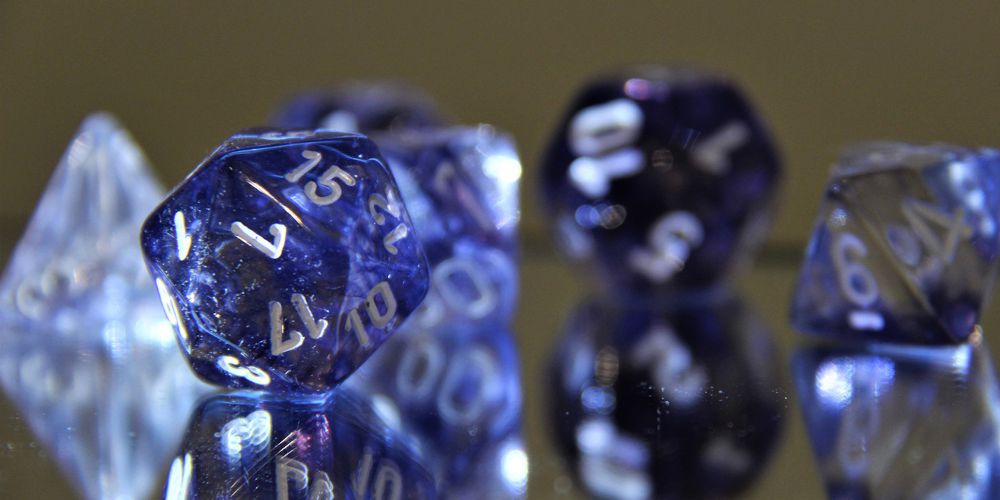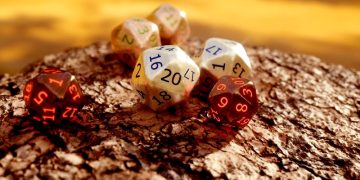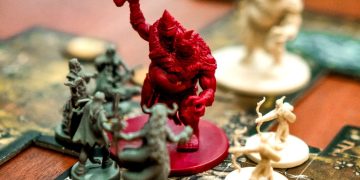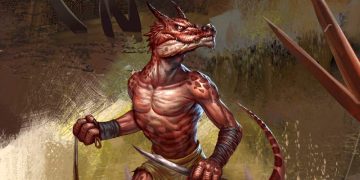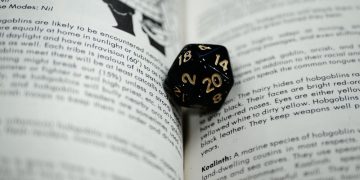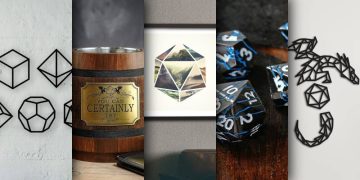So you want to lead your friends into the wonderful world of Dungeons & Dragons? You and your crew are in for a wonderfully rewarding experience filled with imagination, excitement, and wonder.
However, none of those amazing things will occur if you don't do a good job dungeon mastering. You need to have some key traits in order to actually DM effectively—and, fortunately, most of these traits and skills can be learned and practiced over time.
So, what are the most important traits and skills that distinguish great DMs from others who are merely OK? That's what we're here to teach you! Read on for what you need to know.
1. Having Enough Time to Plan

Arguably the most important thing a good dungeon master has is time. Not only do you need time for actual game sessions, but you need time to prepare the game before you play.
If you're creating your own adventure, you need to write it. If you're using an adventure written by someone else (either Wizards of the Coast or a third-party) you have to read it and learn it in order to make gameplay smooth.
If you don't have time, you probably won't be able to effectively DM—unless you're insanely good at improvisation!
2. Ability to Improvise

While a huge portion of being the dungeon master is planning, improv is an important skill to have.
You never quite know how your players are going to react to your adventure, and they might decide to go somewhere you never actually expected.
You need to be able to react to their actions and adjust your story accordingly. It's OK if you aren't a master, as long as you can think on your feet and don't shut down when you feel like you don't know what to say or can't come up with something.
3. Willingness to Listen to Players

While the DM is the one guiding the game, they need to listen to their players in order for the game to move along smoothly.
The DM's goal should be to make sure the players are having fun, and if you're not listening to what the players are saying, no one is going to have a good time.
If your players are telling you they like role-playing and you keep creating combat-focused adventures, they're not going to want to play with you after a while.
4. Ability to Read the Room

You need to be able to assess how things are going with your players in order to make the appropriate adjustments. This comes from the ability to read people.
Your players might not make it obvious that they're having a bad time, so you need to read their body language. If you're even decent at reading people, you should be able to read your players.
This doesn't just apply to the types of adventures you make, but also to the themes you use in your adventures. You need to know what players might find offensive or uncomfortable and make sure you don't touch on themes that will ruin the game for them.
5. Knowing When to Ignore the Rules
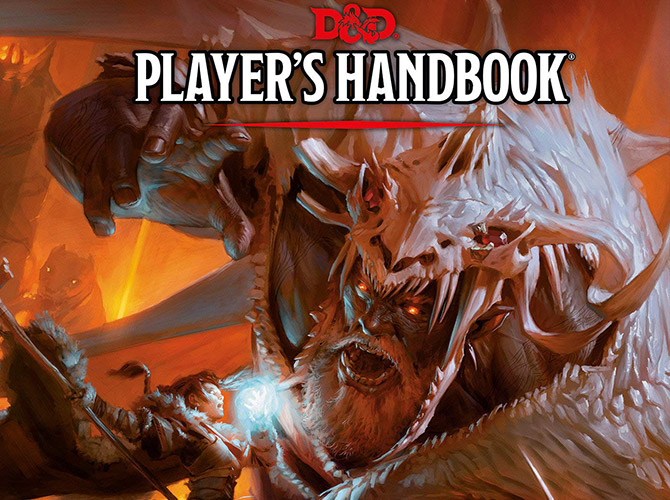
One of the secrets of being a good DM is knowing when to adjust the rules in favor of fun.
If a player is really excited about doing something cool and the rules don't allow that to happen, know when to bend the rules so they can do the awesome thing.
You're the one who makes the rules calls, and a huge part of that is knowing when the break the rules. Other times, you'll need to crack down and enforce things. It's up to you to assess the situation and make that call.
6. Knowing When to Fudge Dice Rolls
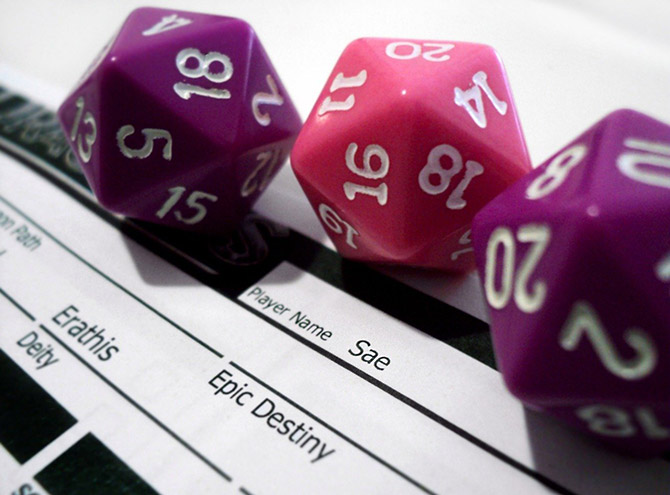
Thanks to the magic of the DM screen, your players generally don't get to see the dice rolls. This means you can totally fudge them to make things more interesting.
If the encounter you designed seems to easy, occasionally fudge the rolls in favor of the enemies. If your players are struggling, make the enemies roll poorly.
The two most important things about this are: not overusing it and never telling the players you're doing it.
7. Knowing It's About the Players
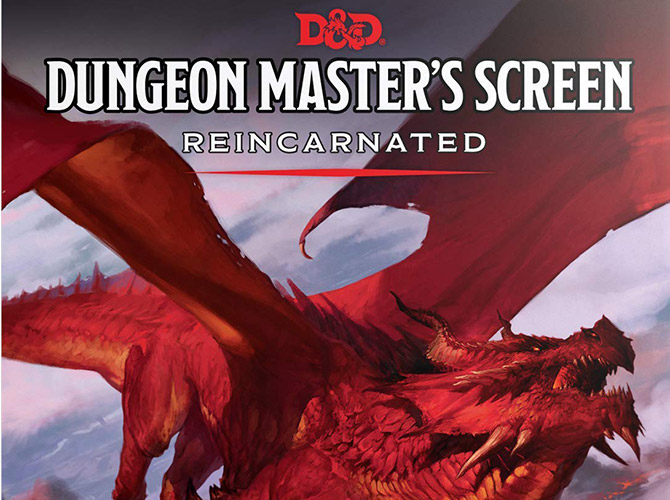
This is really the trait that ties all of the other important traits together: you need to remember that no matter how much work you put into your adventure, it's not about you.
The goal of the DM must be to facilitate fun for the players. Yes, the DM should have fun as well, but the idea shouldn't be to lead your players down a certain path and control their fun.
What makes games like D&D so great is the ability to do anything, and a DM that doesn't let them do what they want is holding back their fun.
